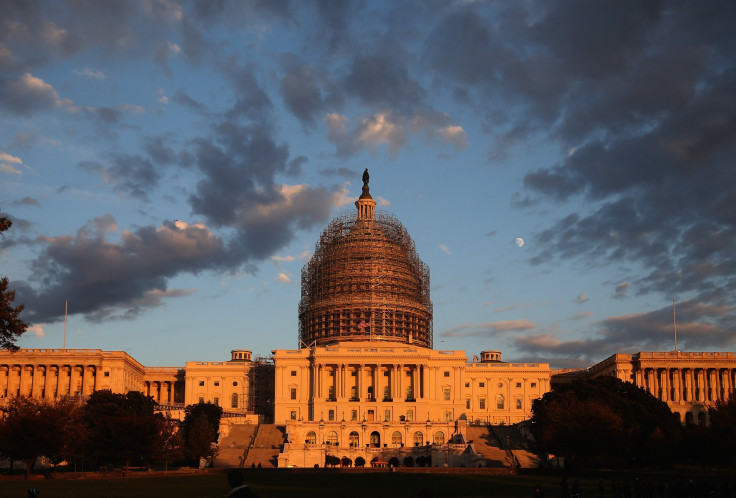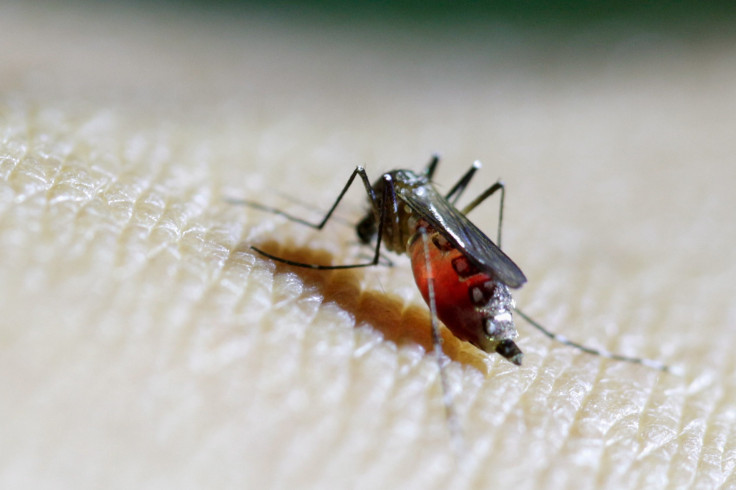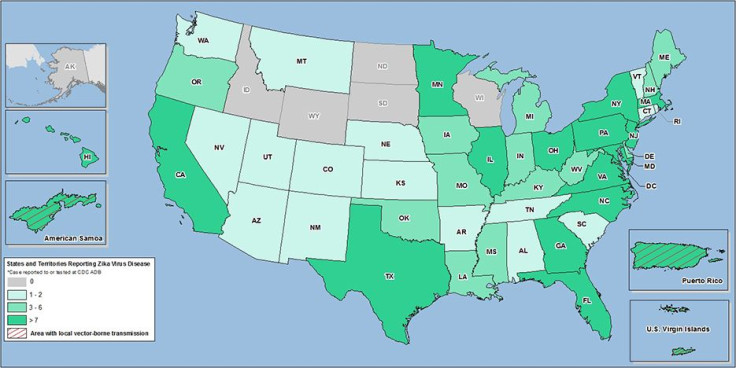Zika Virus In The US: 3 Things To Know Before The Senate Votes On At Least $1B In Emergency Funding To Fight Mosquito-Borne Disease

The Senate is set to vote next week on a $1.1 billion package of emergency funding to combat the Zika virus, more than three months after the White House first asked Congress for nearly $1.9 billion to do so — and Republican leaders said no.
As Congress drags its feet, public health officials have warned they risk being caught flat-footed in their efforts to protect people in the U.S. and Puerto Rico, especially women who are pregnant or considering having children and thus face the greatest risk of being affected by the virus.
“We need funds to put plans into action and boots on the ground,” Dr. Thomas Frieden, director of the U.S. Centers for Disease Contol and Prevention, wrote in a blog post April 1. “Zika is likely to reach the continental United States in the coming months,” he added.
Will Congress finally grant the emergency funding state and federal officials say is so desperately needed? We can’t predict that, but here’s what you need to know about why that funding matters and how it will be used, why Congress stalled in the first place and what could happen next week.

1) How is the money supposed to be used?
In its original request for emergency funding, the White House asked for money for several agencies and departments for a variety of purposes. Here’s how that breaks down:
For the Department of Health and Human Services, it requested $1.48 billion for the Centers for Disease Control and Prevention to fund mosquito control and surveillance programs, find and track cases of the Zika virus and improve diagnostic tests for the virus, among other tasks. It also requested more than $200 million each for the Centers for Medicare and Medicaid Services, for vaccine and diagnostics research, including work by the National Institutes of Health, and for “Other HHS Response Activities.”
These activities are the ones public health officials and other experts are still highlighting as they urge Congress to allocate those dollars.
“We have had to pull money out of other areas to get started,” Dr. Anthony Fauci, director of the National Institute of Allergy and Infectious Diseases at the National Institutes of Health, said Wednesday. “If we don’t get the money that the president has asked for, the $1.9 billion, that is going to have a very serious negative impact on our ability to get the job done.”
The initial request also sought $335 million for the U.S. Agency for International Development to help with efforts including mosquito control and training for healthcare workers in other countries affected by Zika, and $41 million for the State Department to support other international efforts.
2) Why did Congress say refuse the initial request?
Republicans leaders in Congress rejected the request for funding because they said the U.S. still had emergency funding left from the last major global public health crisis, the Ebola epidemic in West Africa that began in 2014.
“Congressional leaders have wasted months in this fight, with no good reason beyond an apparent desire to spite the Obama administration,”
“Before the submission of an emergency supplemental request, it seems incumbent upon the administration as well as Congress to pursue the use of unobligated funds, including unobligated Ebola funds,” Republican Reps. Harold Rogers, Kay Granger and Tom Cole, all of whom sit on the Appropriations Committee, wrote in a letter Feb. 18 to the director of the Office of Management and Budget.
Administration officials countered the remaining $2.7 billion was designated to prevent another outbreak, help survivors and develop an Ebola vaccine — in essence, to “finish the job,” in the words of White House press secretary Josh Earnest.
“To suggest that we can fight the Zika virus just by taking all the money that we use to fight Ebola, that would be both unwise in terms of finishing the fight against Ebola, but also would underresource the significant effort that we have in mind to try to protect the American people from Zika,” Earnest said in March.
Many have criticized Congress as withholding funding purely for political reasons and selfishly putting the health of Americans, including those not yet born, at stake.

“Congressional leaders have wasted months in this fight, with no good reason beyond an apparent desire to spite the Obama administration,” wrote the Daytona Beach News-Journal, in Florida, in an editorial Saturday. With 103 confirmed cases of the Zika virus, Florida leads the 50 states in the number of people who have contracted the disease, all of them through travel.
3) What will happen when the Senate votes this coming week?
The Senate is due to vote Tuesday on three amendments to fund the Zika virus. Two are $1.1 billion packages and the third is a $1.9 billion option.
The $1.9 billion package and one of the $1.1 billion packages would be paid for, meaning they would not require spending cuts elsewhere. The other $1.1 billion option would divert funding from the Affordable Care Act.
It is not clear what will happen in the Senate. But even if it does approve one of those packages, the proposal would still have to pass the House of Representatives where Republicans are only divided over the issue and distracted by intraparty politics, Reuters reported.
© Copyright IBTimes 2024. All rights reserved.






















